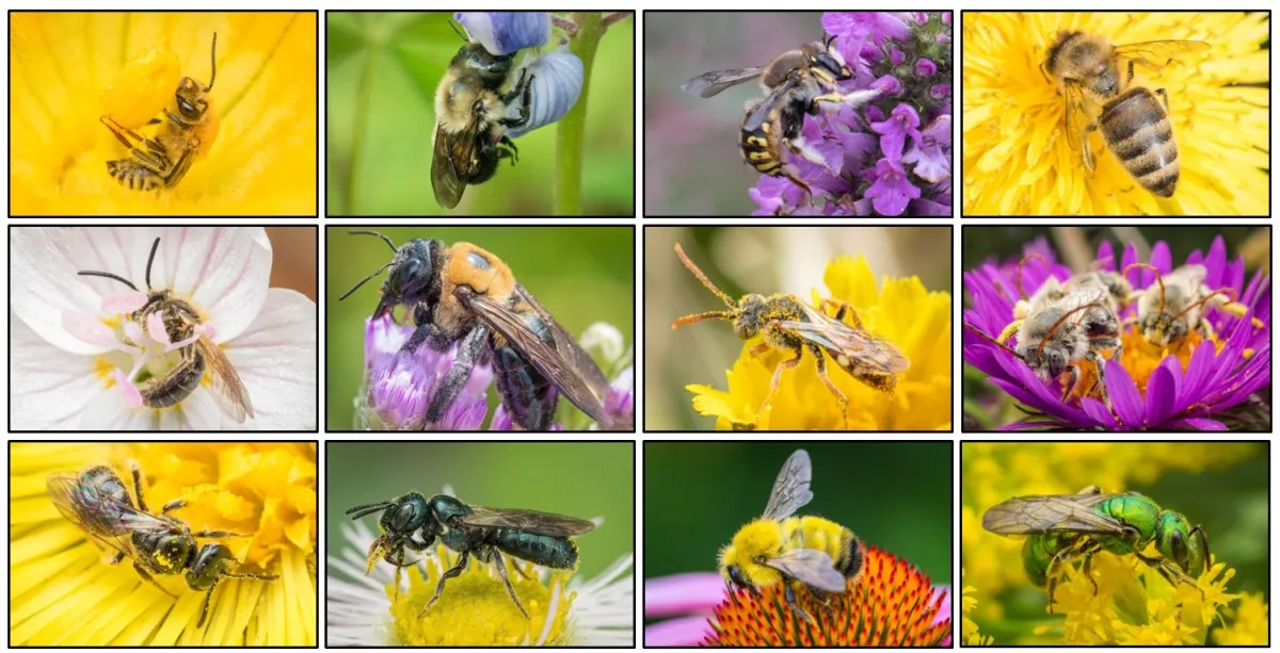
Climate Change
The rapid increase of the human population and our material culture has led to the over-consumption of many natural resources. As a result, greenhouse gases have increased, causing the climate to change rapidly with severe consequences. Many species are struggling to cope with the new environmental conditions caused by climate change, while others are adapting to the new ecological niches. The relationships between pollinators and their habitats, and the terms of their survival, are being reshaped by climate change.
Extreme weather events resulting from climate change such as intense storms, droughts, extended periods of precipitation, hotter summers and warmer winters all have cascading effects on ecosystems. New weather patterns can alter when plants bloom and the length of the flowering period. Stressful conditions can also reduce the quantity and quality of nectar and pollen provided by plants. Unfavorable weather conditions also restrict bee foraging activity, leading to lower offspring production.
Even seemingly mild weather due to climate change negatively impacts bees.
Warmer winters are linked to lower survival of bee species that overwinter as adults. Unseasonably warm winters raise bees' metabolisms. As a result, bees burn more calories and deplete their energy stores at a faster pace. Indeed, bees may emerge earlier in the spring with lower body weight. Altered weather may also signal bees to emerge from dormancy when important plant species are not yet in bloom.
Many species are migrating to new areas in response to climate change. But the fragmentation of the landscape by humans makes it difficult for some species to disperse across modified lands, which lack floral resources or may have pesticides.
The decline in pollinator abundance and diversity is a global problem, and it affects the entire ecosystem's stability. As individual pollinator species decline, ecosystems become more vulnerable to further disruptions, putting the remaining pollinators at risk. This creates a dangerous situation for pollinators that anchor natural food webs and the many species, including humans, that depend on the fruits of their labor.

A variety of bees found in Pennsylvania
Credit: Nash Turley CC BY-NC-SA 4.0